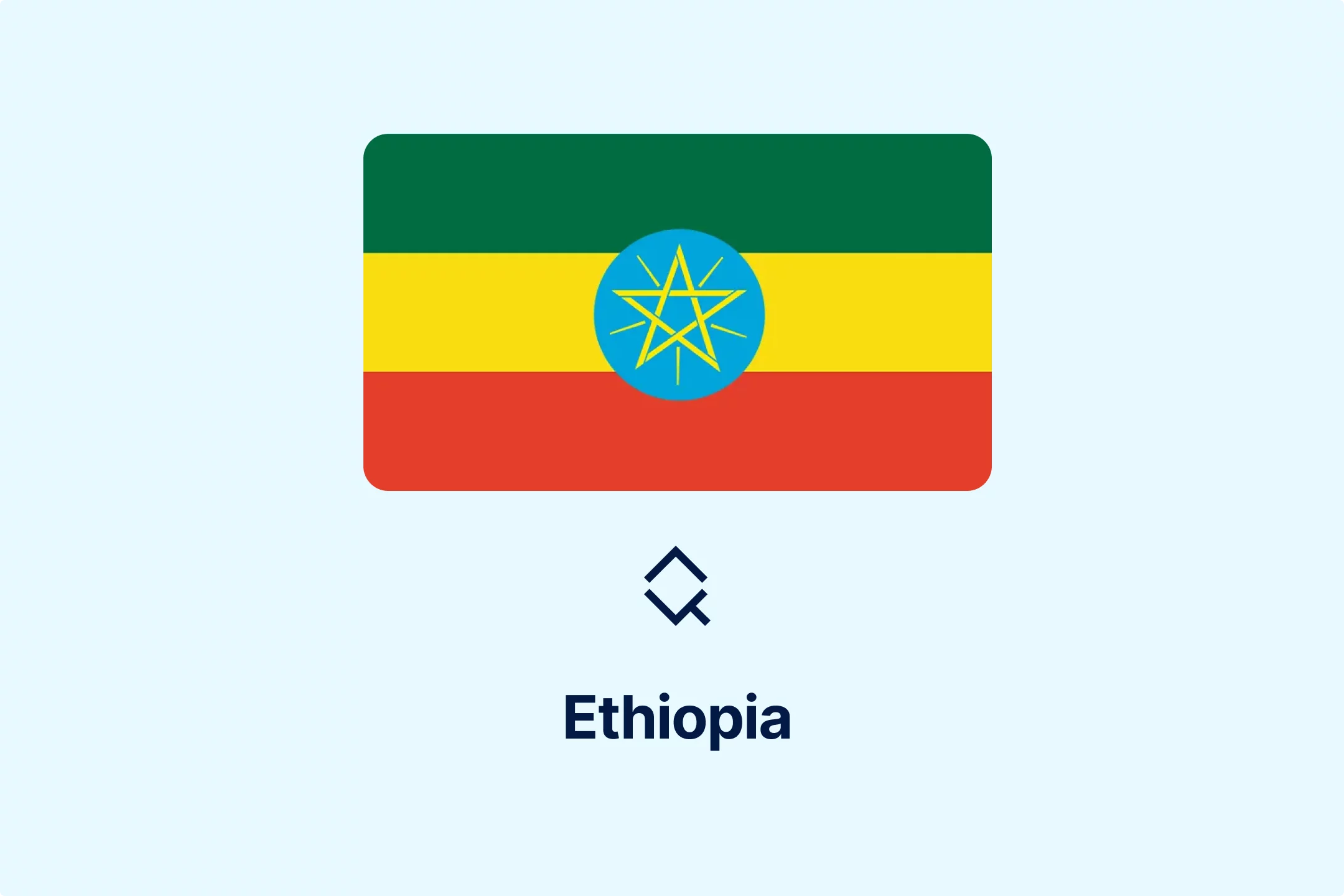Ethiopia Issues VAT Guidelines for Foreign Digital Services Providers

Last year, Ethiopia announced the introduction of regulations for cross-border B2C services supply, applicable to foreign digital services providers. However, although the new VAT rules were announced in July 2024, many aspects remained unclear, such as the obligations and the application of the platform rules and obligations. To address these issues, the Ethiopian government released guidelines for new VAT rules for non-resident digital services providers.
Key VAT Rules Explained
As defined, the 15% VAT applies to the provision of remote services. Remote services are considered those provided by foreign service providers to local consumers. The guidelines further explained that foreign businesses may be liable for VAT on services physically performed in Ethiopia and for services related to immovable property.
Additionally, if foreign providers offer inbound tourism products, such as accommodation, meals, transportation, tours, or other tourist activities in Ethiopia, or if they provide any agency or booking services related to these tourism products, they may also be liable for VAT. Telecommunications services that can only be used in Ethiopia, provided by foreign service providers, are also subject to VAT.
VAT rules also apply to foreign digital services providers involved in cross-border digital commerce, specifically those providing goods ordered electronically, remote services, or managing online distribution platforms. These include digital entertainment, such as games and betting, online auctions, and various forms of digital content, including e-books, movies, and mobile applications.
Additionally, it includes services related to digital data handling, such as cloud storage and file sharing, as well as online music streaming, search engines, automated customer support, and the sale of digital tickets for events. Notably, the list is not exhaustive, and the Ministry of Finance may expand it in the future.
Furthermore, the guidelines clarify the applicable rules for online marketplaces and digital platforms that provide remote services. If marketplaces and digital platforms facilitate remote services by authorizing the charge for the supply, making or authorizing delivery of the supply, and directly or indirectly setting terms or conditions under which the supply is made to recipients, once they exceed the VAT registration threshold, they must register for, collect, and remit VAT.
Conclusion
With the release of guidelines explaining applicable regulations, the Ethiopian government took necessary steps to address many of the existing doubts. Therefore, foreign digital services providers engaged in B2C supplies must understand the applicable rules and regulations governing their cross-border supplies to avoid penalties and other non-compliance issues.

More News from Ethiopia
Get real-time updates and developments from around the world, keeping you informed and prepared.
-e9lcpxl5nq.webp)






